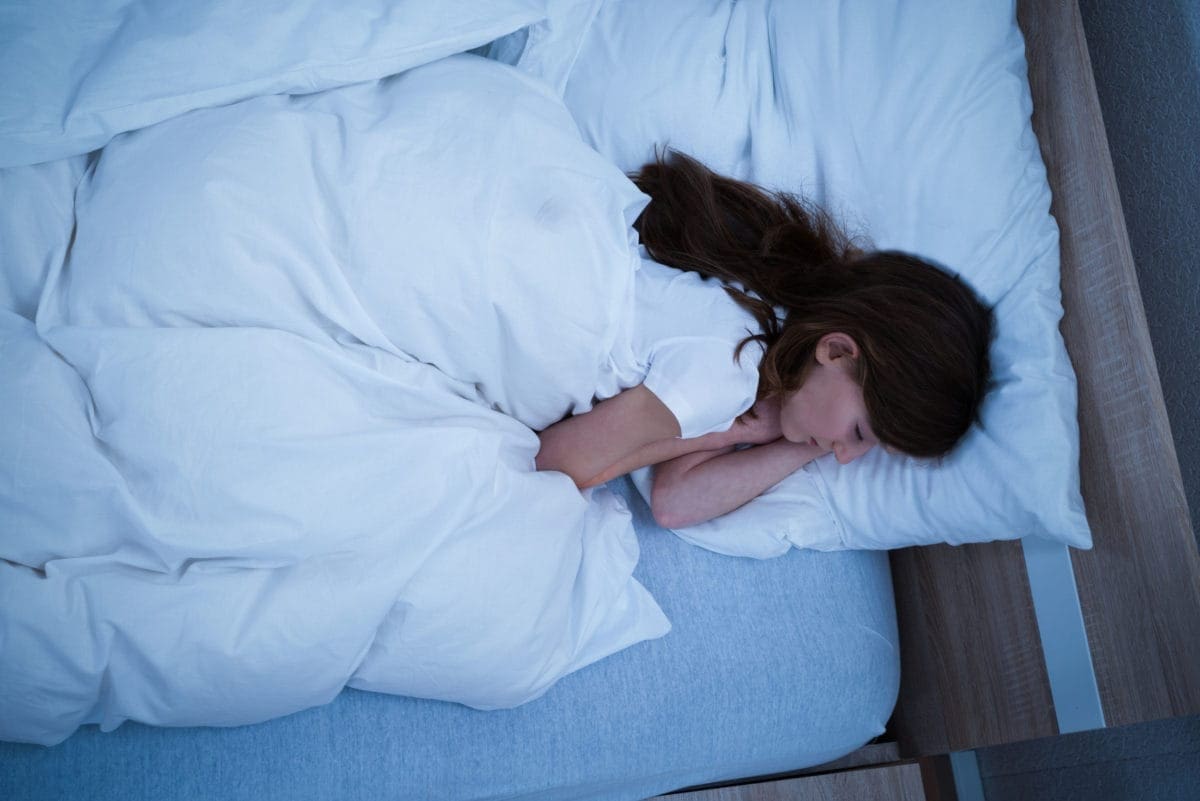Sleep Enuresis is a condition that causes a person to urinate during the night. This can happen even if the person has a full bladder and does not wake up to use the restroom. Enuresis is also called bedwetting or nocturnal enuresis. It is more common in children, but it can occur in adults as well.
There are two types of enuresis: primary and secondary. Primary enuresis occurs when a person has never had dry nights. Secondary enuresis occurs when a person who has previously had dry nights starts wetting the bed again. If you are experiencing difficulty controlling your bedwetting you must visit https://nobedwetting.com/drug-therapy-warnings/, they provide the medication for bedwetting.

Image Source: Google
There are many possible causes of enuresis, but the exact cause is unknown in most cases. Possible causes include:
-A small bladder that cannot hold much urine
-An overactive bladder that contracts too often
-A blockage in the urinary tract that prevents urine from flowing out of the body
-A nervous system disorder that interferes with signals between the brain and the bladder
There are many different medications that can contribute to nighttime enuresis. These include diuretics, anticholinergics, beta-blockers, and calcium channel blockers. Each of these medications can cause the body to produce less urine, which can lead to dehydration and an increased risk of urinary tract infections.
Diuretics can also increase the amount of salt in the urine, which can irritate the bladder and lead to increased urination. Anticholinergics block the action of the nervous system, which can lead to an overactive bladder and increased urination.
Beta-blockers prevent the body from responding to stress hormones, which can cause the bladder muscles to relax and lead to increased urination. Calcium channel blockers prevent calcium from entering into cells, which can relax the bladder muscles and lead to increased urination.
